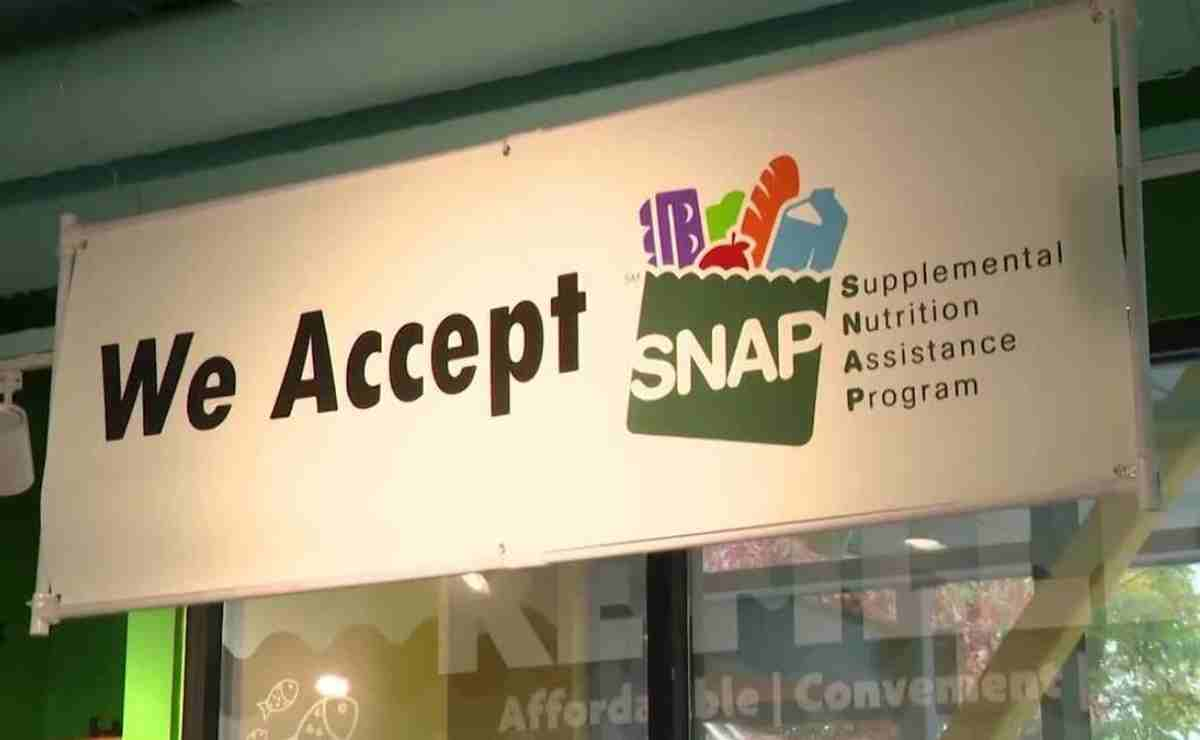From October 1 2025, the highest monthly benefit under the SNAP program for a single-person household in the contiguous US is set at approximately $298. While this is the ceiling, what you actually receive depends heavily on your income, living costs and deductions.
The ongoing federal shutdown has thrown the program into limbo delays, partial payments and uncertainty in distribution have amplified how thin the safety net really is for millions relying on SNAP.
SNAP Maximums and What They Really Mean
In the 48 contiguous states and Washington D.C., the program’s maximum allotments for monthly benefits (before deductions) are now about $298 for one person, $546 for two people, $785 for three, and $994 for a four-person household. Those figures reflect the theoretical upper limit; most households receive less once income and expenses are factored in.
Even households that make just a bit more than the cut-off may be bumped out or receive drastically smaller amounts, making the figure of $298 for one person more symbolic than realistic for many.
The Impact of the Shutdown on SNAP Payments
Because the government’s budget impasse disrupted federal funding, several states faced delays or full halts in issuing SNAP payments for November. Some states distributed benefits only partially while legal and administrative battles played out. The program services around one in eight Americans, which means any disruption ripples widely.
For those eligible, being told the maximum is $298 doesn’t feel reassuring when there’s a risk you’ll get far less — or nothing on time. In essence, the ceiling looks generous, but the reality is much more precarious.
Your household size, your gross and net income, your rent or mortgage and utility costs all play into the final number you’ll receive. Even if you qualify for the maximum, the part of that sum you see depends on the program’s deduction rules that reduce benefits based on income and shelter costs. With the shutdown context still unresolved, states and federal agencies warn of lingering administrative back-logs. So even after the official budget is passed, some SNAP recipients might face additional wait times to get full payments restored.
If you like, I can dig up the exact cap for your state or territory (since some places like Alaska, Hawaii and U.S. territories have different limits) so you can estimate the benefit for your situation.

